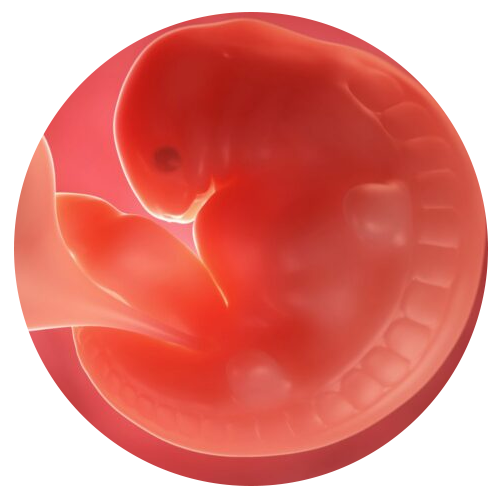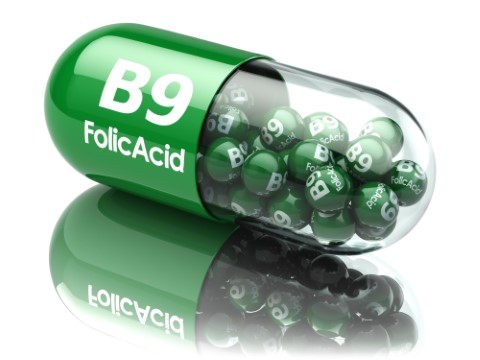6 weeks pregnant: Pregnancy Symptoms & Baby Development
Find out what to expect from every week of your pregnancy.
6 weeks pregnant is how many months?
Month 2 (Trimester 1)
Baby development at 6 week
Folic acid

Morning sickness

While it’s common to be bloated at 6 weeks pregnant, it’s unlikely that you’ll look pregnant yet or see any signs of a pregnancy belly.

Early pregnancy symptoms at 12 weeks
Early pregnancy symptoms vary from person to person. At 12 weeks, you may experience any of the following signs of pregnancy, or no symptoms at all:
The Department of Health recommends taking a daily folic acid supplement for the first 12 weeks of pregnancy12.
The naturally occurring food source of folic acid is called folate. It is present in green, leafy vegetables, lentils, chickpeas and kidney beans, and folic acid is also added to some breads and breakfast cereals. However, because your needs are so high during this stage of pregnancy, it is difficult to get enough from food sources alone. This is why a supplement is recommended.
Check that your prenatal multivitamin contains the recommended 400mcg of folic acid you need.
If you find out you’re pregnant and haven’t been taking folic acid supplements or a prenatal multivitamin containing folic acid, don’t worry: simply start taking them straight away and carry on until you reach 12 weeks.

The Science Behind FOLIC ACID
Powered by Nutricia
This important nutrient supports the development of the neural tube, which is already closing to form your baby’s spine and nervous system. Taking 400 micrograms (mcg) of folic acid as a supplement is the best way to reduce the risk of neural tube defects, such as spina bifida.
Some women take a higher dose of folic acid. Why?
If your risk of having a baby with spina bifida is higher than normal, you will be advised to take a daily dose of 5 milligrams (mg) of folic acid. This is higher than usual and it will need to be prescribed by a doctor. You may be advised to take an increased dose if:
- you have had a previous pregnancy affected by spina bifida
- you or your partner have spina bifida
- you are taking certain medications for epilepsy
- you have coeliac disease or diabetes
- your BMI is 30 or more
- Cyou have sickle-cell anaemia or thalassaemia; the higher dose of folic acid will
- also help to prevent and treat anaemia if you are in this situation.
- you have had bariatric surgery
